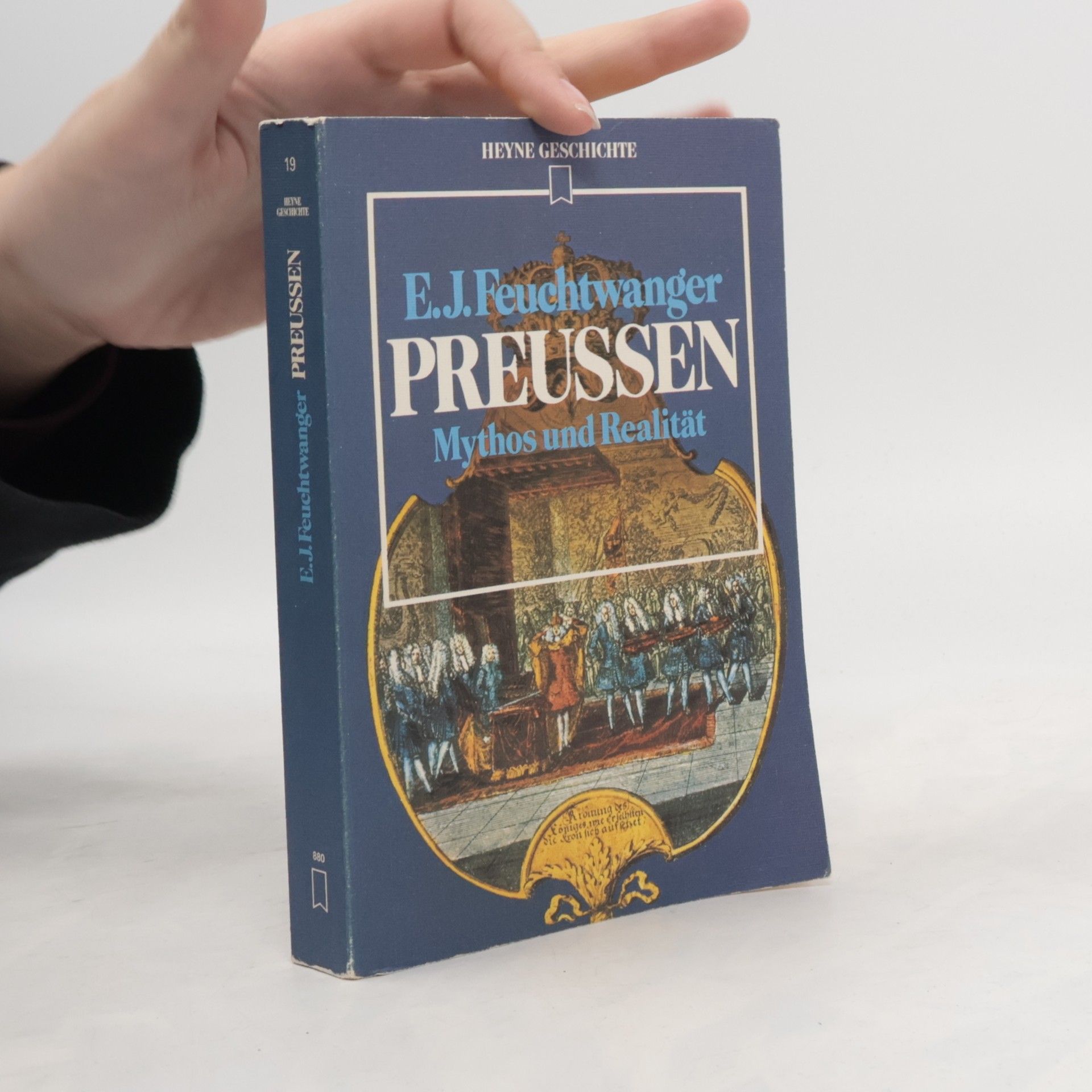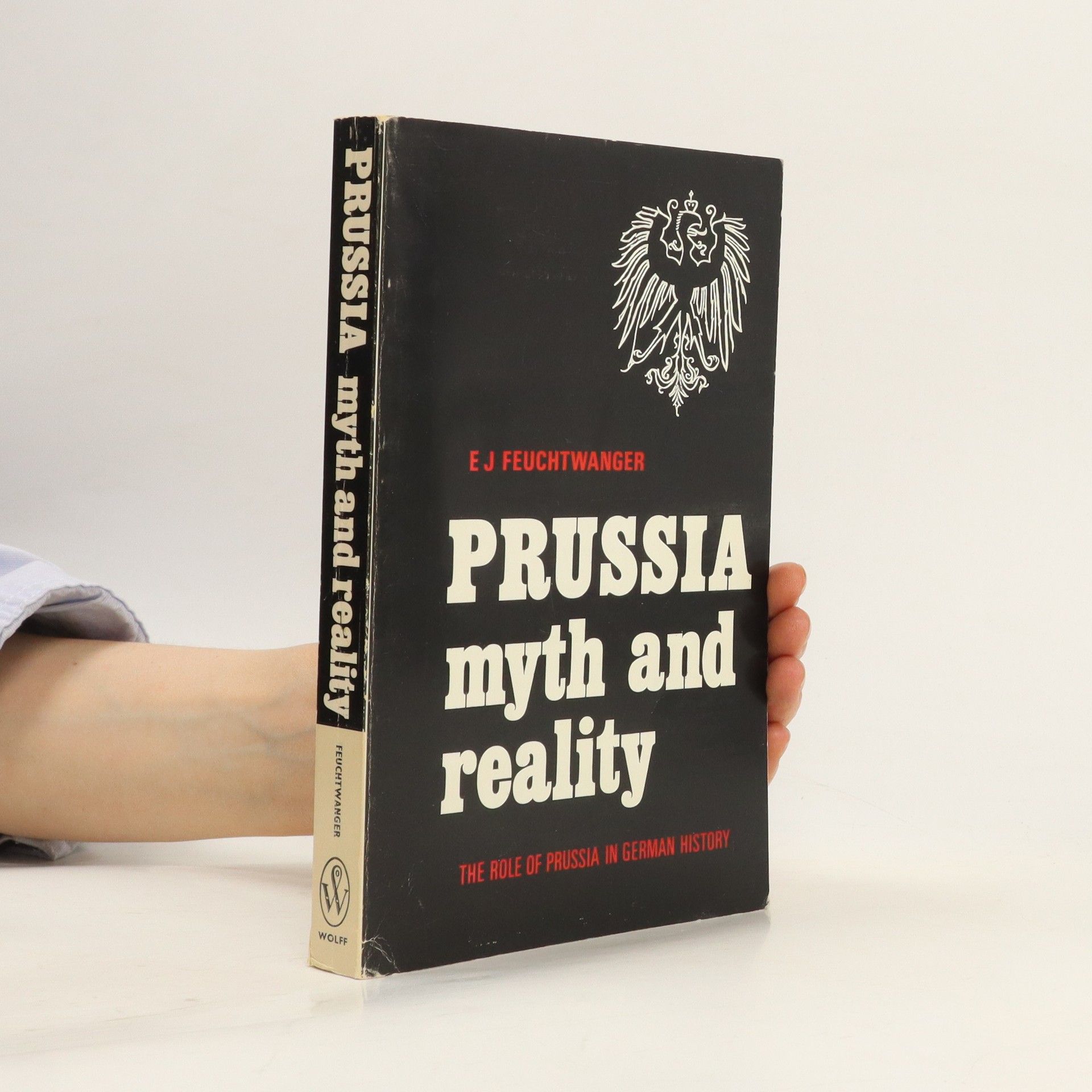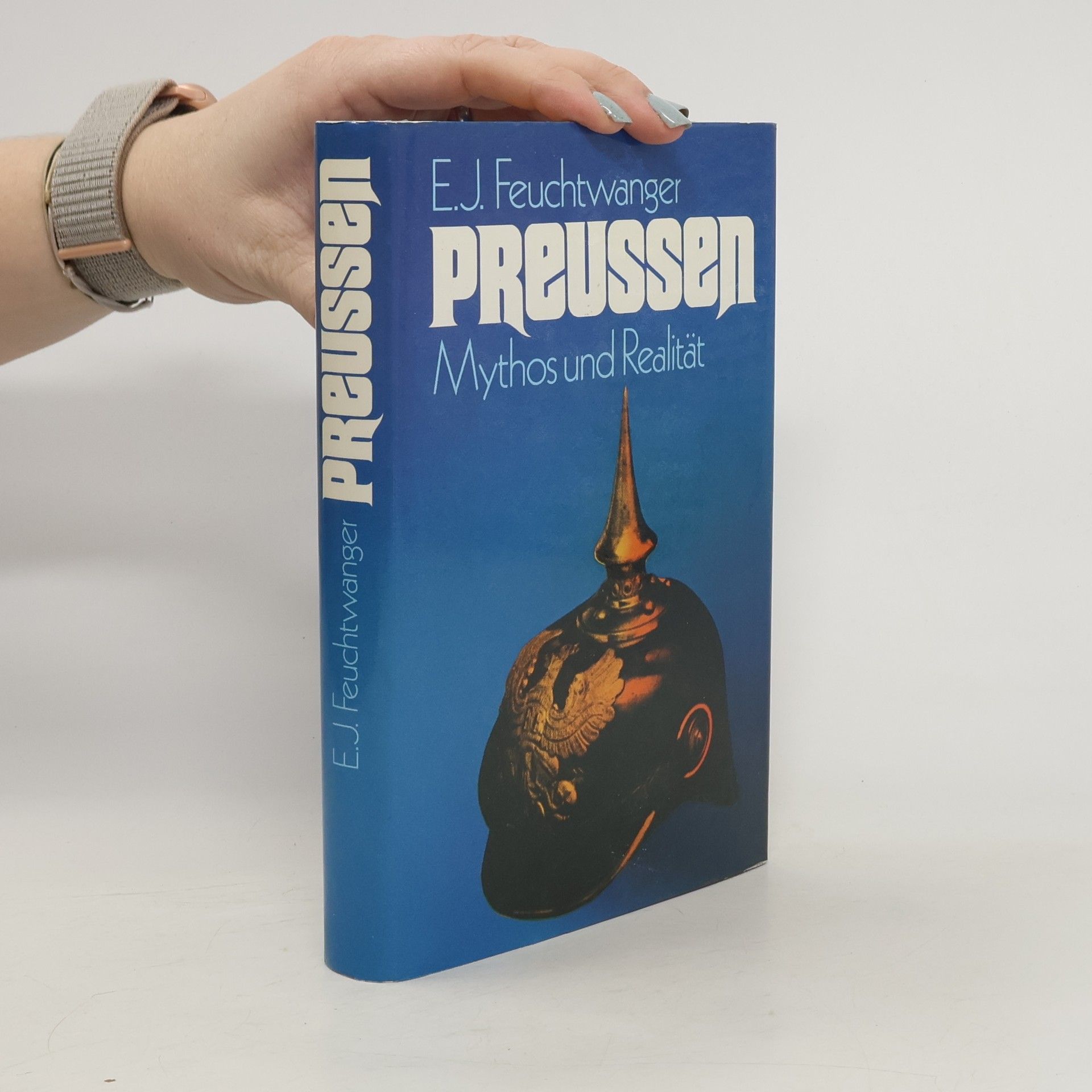Im Jahr 1939 flüchtete der 14-jährige Edgar Feuchtwanger aus dem nationalsozialistischen Deutschland nach England, während seine Eltern zunächst in München blieben. Die Briefe, die er ihnen auf Deutsch und bald auf Englisch schrieb, werden hier erstmals veröffentlicht. In einem Gespräch mit seiner Tochter Antonia Cox schildert der heute 100-Jährige, wie er sich anfangs in England zurechtfand. Anja Tuckermann, die Herausgeberin, beschreibt in ihrem Vorwort die gefährliche Situation in Deutschland und dokumentiert, wie es der Familie in England erging. Die Kinderbriefe von Edgar Feuchtwanger, die er 1939 aus England an seine Eltern schrieb, sind ein eindrucksvolles Zeitzeugnis. Seine Mutter Erna und sein Vater Ludwig, ein Historiker und Verleger, hatten ihren Sohn ins Exil geschickt. Mit kindlicher Offenheit und Humor berichtet Edgar von seinem Alltag in England und versucht, seinen Eltern die Sorgen um ihn zu nehmen, während seine Angst um sie stets spürbar bleibt. Die Briefe sind in ein Gespräch mit seiner Tochter eingebettet, das seine Kindheit und den Neuanfang in England thematisiert. Tuckermann ergänzt die Briefe mit Dokumenten aus dem Familienarchiv und berichtet von der lebensbedrohlichen Lage in Deutschland, den Bedingungen bis zur Ausreise der Eltern und dem weiteren Schicksal der Familie bis 1947.
Edgar Feuchtwanger Book order (chronological)
Edgar Joseph Feuchtwanger was a German-born British historian who focused on modern German history. His work is characterized by a profound understanding of the political and social forces shaping 20th-century Germany. Feuchtwanger's scholarship often delved into the complex interplay between authoritarianism and societal shifts. His analyses offer valuable insights into pivotal eras of German history.






Hitler, My Neighbor
- 224 pages
- 8 hours of reading
An eminent historian recounts the Nazi rise to power from his unique perspective as a Jewish boy growing up in Munich with Adolf Hitler as his neighbor. Edgar Feuchtwanger came from a prominent German Jewish family: the only son of a respected editor, and the nephew of best-selling writer Lion Feuchtwanger. He was a carefree five-year-old, pampered by his parents and his nanny, when Adolf Hitler, the leader of the Nazi Party, moved into the building across the street in Munich. In 1933 his happy young life was shattered. Hitler had been named Chancellor. Edgar’s parents, stripped of their rights as citizens, tried to protect him from increasingly degrading realities. In class, his teacher had him draw swastikas, and his schoolmates joined the Hitler Youth. From his window, Edgar bore witness to the turmoil surrounding the Night of the Long Knives, the Anschluss, and Kristallnacht. Jews were arrested; his father was imprisoned at Dachau. In 1939 Edgar was sent on his own to England, where he would make a new life, start a career and a family, and try to forget the nightmare of his past—a past that came rushing back when he decided, at the age of eighty-eight, to tell the story of his buried childhood and his infamous neighbor.
Bismarck
- 316 pages
- 12 hours of reading
This biography by Edgar Feuchtwanger reexamines Otto von Bismarck's pivotal role in 19th-century European history. It traces his transformation from a conservative Junker to a revolutionary figure, reshaping Europe post-Napoleon. The second edition features a new introduction reflecting on Bismarck's legacy in modern Germany.
Als Hitler unser Nachbar war
Erinnerungen an meine Kindheit im Nationalsozialismus
Edgar Feuchtwanger, der Neffe des bekannten Autors Lion Feuchtwanger, erlebt als fünfjähriger Junge den Aufstieg Adolf Hitlers, der zum Nachbarn seiner Familie wird. Zunächst naiv, erkennt Edgar bald die brutalen Veränderungen, die die Nationalsozialisten in Deutschland herbeiführen. Aufgewachsen in einem gebildeten, jüdischen Elternhaus, wo Intellektuelle der Weimarer Republik verkehren, ist sein Leben geprägt von kulturellem Reichtum. Sein Vater, Verleger, und seine Mutter, Pianistin, bieten ihm eine behütete Kindheit. Doch mit Hitlers Aufstieg wird diese Idylle zunehmend von Dunkelheit überschattet. Die Diskriminierung der Juden nimmt zu, und Edgars Vater verliert seine Stelle und wird verhaftet, als im November 1938 die Synagogen brennen. In seinen Erinnerungen schildert der Historiker eindrucksvoll den Untergang der Weimarer Republik, den Verlust der Kindheit und das Verschwinden einer großbürgerlich-jüdischen Welt, die in Deutschland nicht mehr existiert. Seine Erzählung ist berührend, eindrucksvoll und vereint oft komische sowie traurige Elemente, während sie die Schrecken dieser Zeit dokumentiert.
Období nástupu nacismu a jeho teroru nabízí mnoho svědectví od jeho odpůrců a obětí. Vzpomínky historika Edgara Feuchtwangera, synovce známého spisovatele, jsou překvapujícím příkladem. Edgar, který vypráví svůj příběh v přítomném čase, se vrací do doby, kdy žil v Mnichově v těsném sousedství Adolfa Hitlera. Jeho upřímná výpověď židovského chlapce, prožívajícího šťastné dětství obklopeného láskou rodiny, je silně ovlivněna postupujícím nebezpečím, které představuje jeho soused. Zatímco se v prvních letech školní docházky pyšní kresbami s hákovým křížem, později se ocitá osamocen mezi spolužáky z Hitlerjugend, plný vědomé nenávisti a ztotožnění se svými židovskými kořeny. Většina jeho rodiny se dokázala včas zachránit, Edgarovi rodiče přežili téměř zázrakem, ale jeho teta Bella zahynula v Terezíně. V roce 1939 se Edgar dostal do Velké Británie, kde ho přijala rodina v Cornwallu. Po studiu na univerzitě v Cambridge žije nyní u Winchesteru.
As the author says, "Prussia has been cast both as the hero and the villain of German history....Much of mankind in the first World War thought the bad Prussians were leading the good Germans astray."
Preussen
Mythos und Realität

